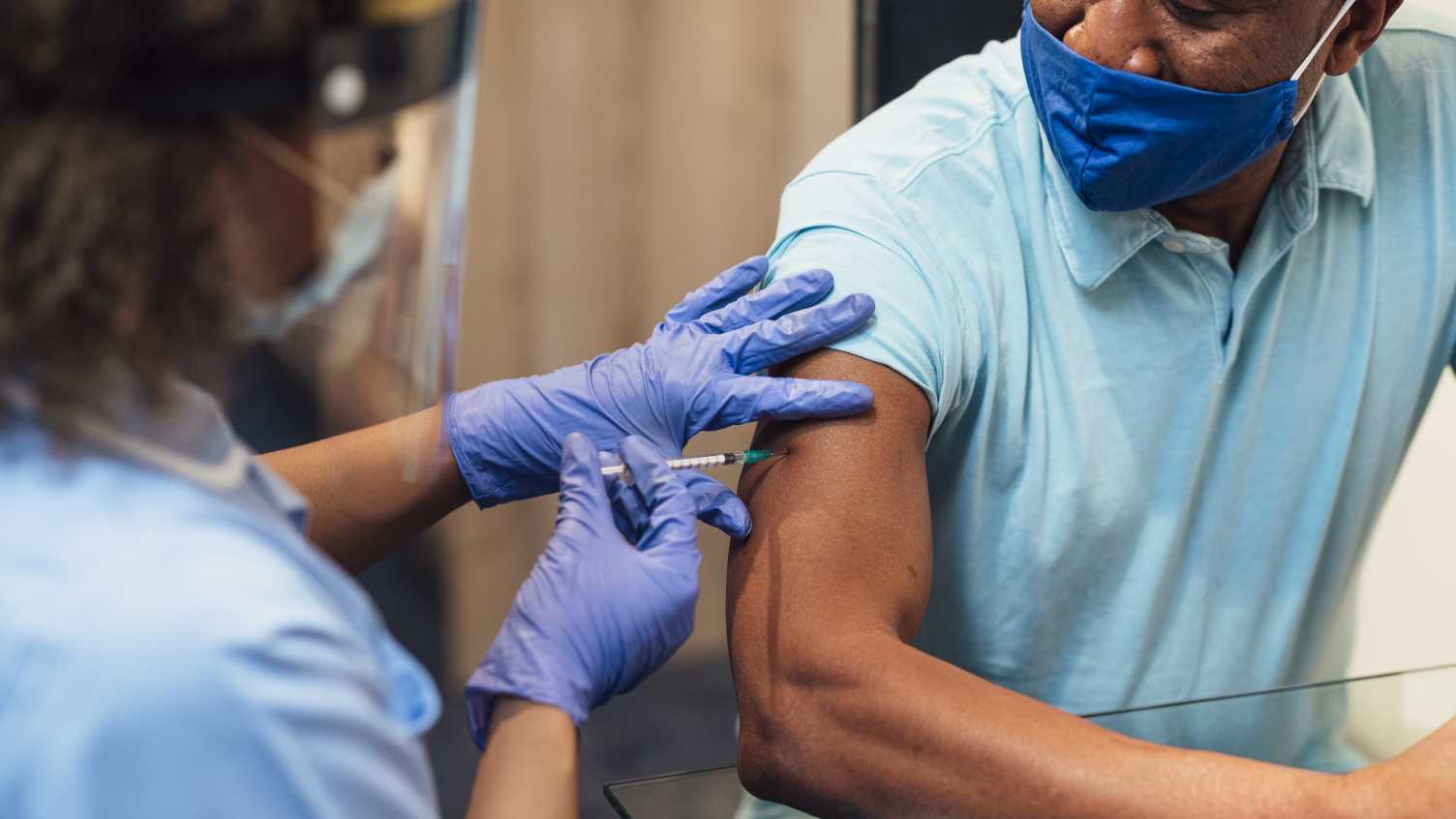by Dr. Joseph Mercola, Mercola:

STORY AT-A-GLANCE
- In early 2021, Stephanie Seneff, Ph.D., warned that the replacing of uracil with synthetic methylpseudouridine in the COVID shots — a process known as codon optimization — could cause severe health problems
- Recent research confirms this, showing that the use of methylpseudouridine can cause a glitch in the decoding, thereby triggering the production of off-target aberrant proteins. The antibodies that develop as a result may, in turn, trigger off-target immune reactions
TRUTH LIVES on at https://sgtreport.tv/
- According to the authors, off-target cellular immune responses occur in 25% to 30% of people who have received the COVID shot
- According to an anonymous source, there’s evidence suggesting Pfizer and BioNTech fabricated data to hide this “glitch” from regulators
- Previous research has demonstrated that codon optimization can result in misshaped and misfolded proteins that don’t match the natural protein being emulated, and that these misshapen proteins can trigger immunogenicity that in some cases may not become apparent until years later
Yet again, warnings from the earliest days of the COVID jab rollout prove prescient. In May 2021, I interviewed Stephanie Seneff, Ph.D., a senior research scientist at MIT for over five decades, about the likely hazards of replacing the uracil1 in the RNA used in the COVID shots with synthetic methylpseudouridine.2 This process of substituting letters in the genetic code is known as codon optimization, which is known to be problematic.
At the time, she predicted the shots would cause a rise in prion diseases, autoimmune diseases, neurodegenerative diseases at younger ages, blood disorders and heart failure, and one of the primary reasons for this is because they genetically manipulated the RNA in the shots with synthetic methylpseudouridine, which enhances RNA stability by inhibiting its breakdown.3
Scientists have now demonstrated that about half of those who have received a COVID shot are still producing the genetically modified spike protein six months post-jab, but according to health authorities, and even the inventors of the COVID shots themselves, this was not supposed to happen.
Is mRNA Tech Inventor Really This Clueless?
In October 2023, Katalin Karikó and Drew Weissman of the University of Pennsylvania won the 2023 Nobel Prize in Physiology or Medicine for their nucleoside base modification discoveries that enabled the development of the mRNA COVID shots.4 In the 2021 video above, Weissman had the following to say about this technology:
“The mRNA in the vaccine is identical to the RNA in your cells. The RNA in your cells isn’t causing long-term adverse events so the RNA in the vaccine won’t either. The RNA is degraded, probably within a week it’s completely gone … Nothing of the vaccine is left after days two to a week or so … The only really serious adverse event is this anaphylaxis-like reaction.”
None of that was true, and it’s hard to believe Weissman didn’t know it, considering several independent scientists who had looked at the research were able to point out the flaws from the get-go.
Now, researchers at Cambridge University and the Universities of Kent, Oxford and Liverpool, have discovered5,6,7 that the use of methylpseudouridine results in a high rate of ribosomal “frameshifting,” which causes your cells to produce off-target proteins with unknown effects.
mRNA Tech Turns Out To Be Error-Prone
The findings of Mulroney et. al. were published in the December 6, 2023, issue of the journal Nature. As explained in that paper:8
“A key feature of therapeutic IVT [in vitro-transcribed] mRNAs is that they contain modified ribonucleotides, which have been shown to decrease innate immunogenicity and can additionally increase mRNA stability, both of which are favorable characteristics for mRNA therapies …
Pseudouridine (Ψ) is known to increase misreading of mRNA stop codons in eukaryotes, and can affect misreading during prokaryotic mRNA translation. 1-methylΨ does not seem to affect codon misreading, but has been shown to affect protein synthesis rates and ribosome density on mRNAs, suggesting a direct effect on mRNA translation …
Here we demonstrate that incorporation of N1-methylpseudouridine into mRNA results in +1 ribosomal frameshifting in vitro and that cellular immunity in mice and humans to +1 frameshifted products from BNT162b2 vaccine mRNA translation occurs after vaccination.
The +1 ribosome frameshifting observed is probably a consequence of N1-methylpseudouridine-induced ribosome stalling during IVT mRNA translation, with frameshifting occurring at ribosome slippery sequences …
[T]hese data highlight potential off-target effects for future mRNA-based therapeutics and demonstrate the requirement for sequence optimization.”
In layman English, the inclusion of synthetic methylpseudouridine causes the ribosomes (which are responsible for reading the code) to misread the RNA’s instructions. RNA code consists of groups of three bases (codons) that must be read in the correct order for a desired protein to be created.
Because the methylpseudouridine is not a perfect fit, it causes the decoding process to stall and shift (hence the term “+1 ribosomal frameshifting”). There’s basically a stutter in the decoding process, as your cells don’t understand what’s being asked for, and this stuttering causes the decoding to skip a letter, thereby garbling the entire code.
As a result, unintended “nonsensical” proteins are produced instead of the desired SARS-CoV-2 spike. That, in turn, means that your immune system will not produce antibodies against SARS-CoV-2, but rather against these aberrant proteins.



